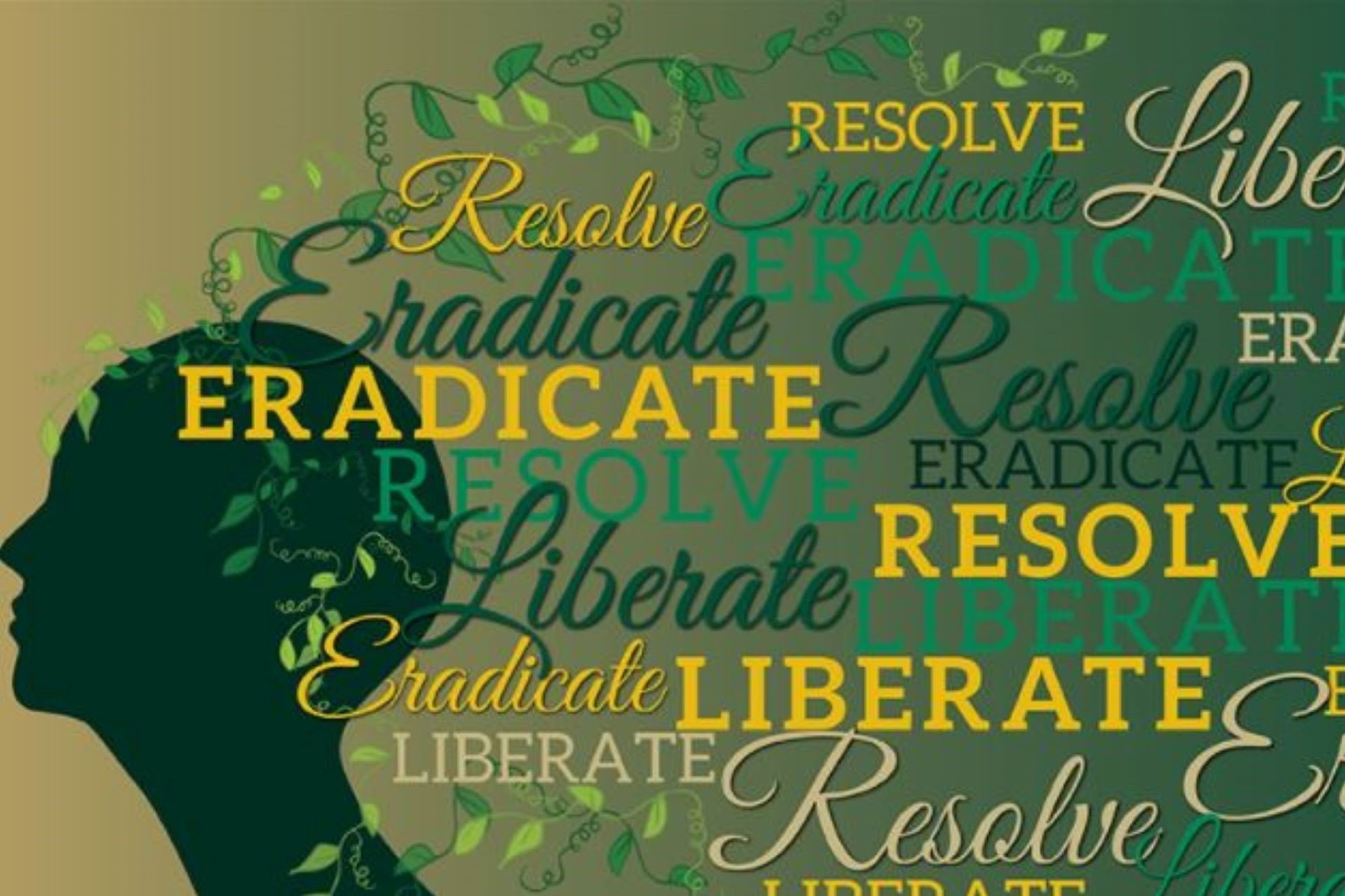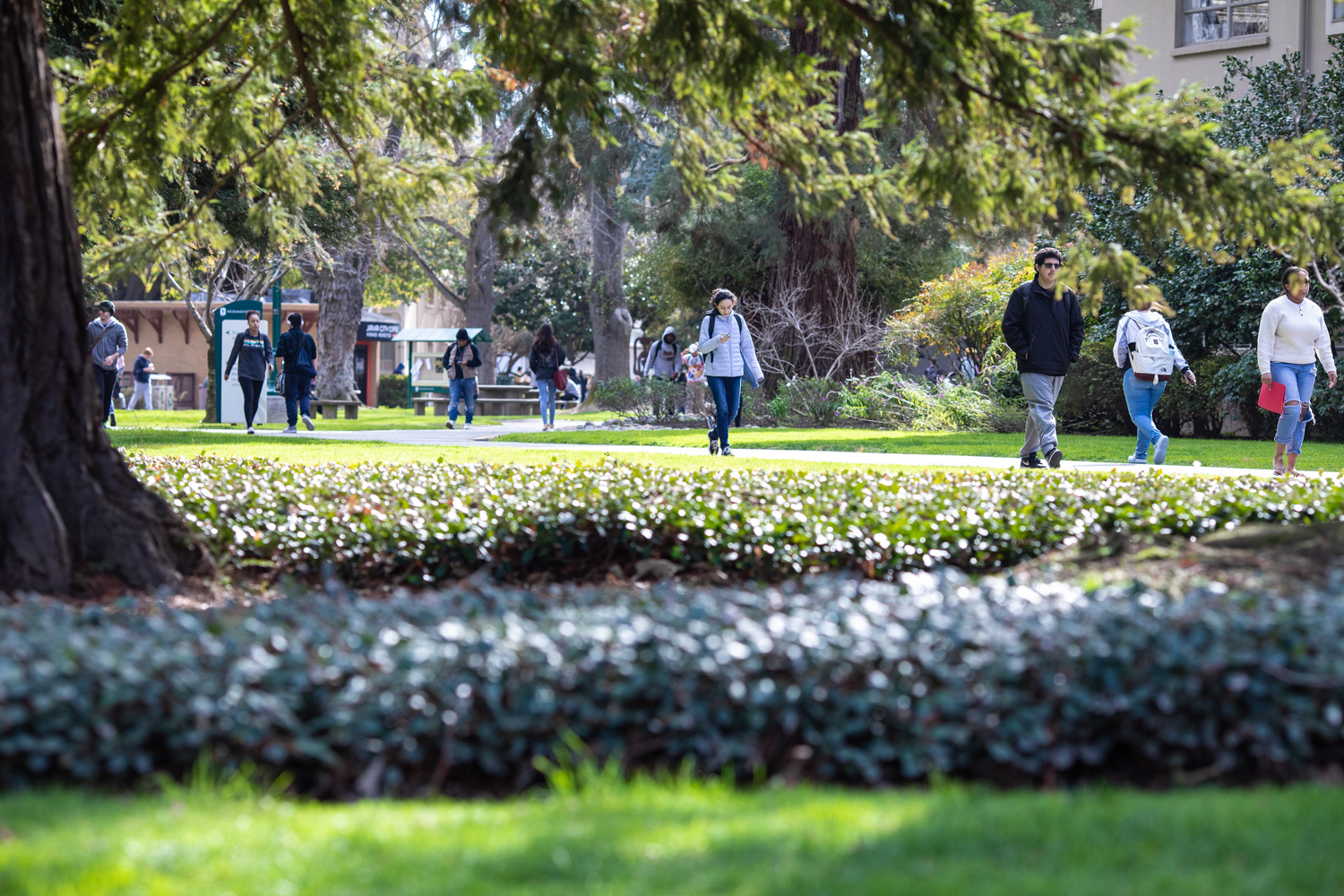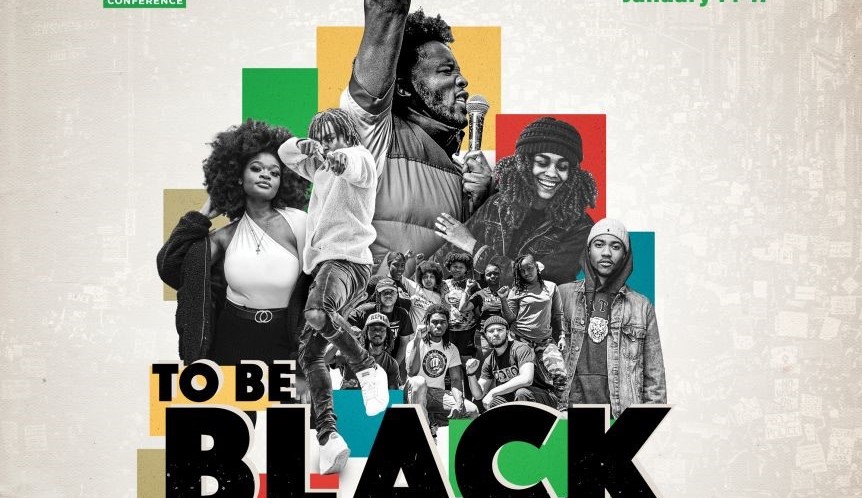Story Content
Why Black History Month matters: Exploring the contributions, sacrifices, and truth of African Americans
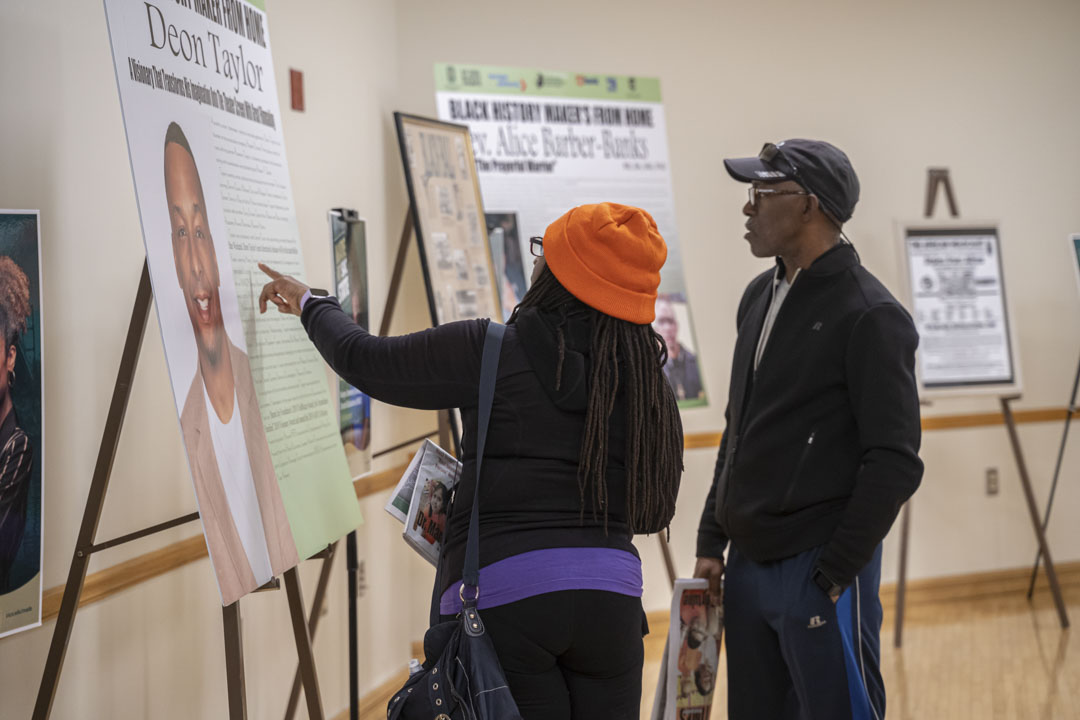
February 07, 2022
Black history is American history.
Yet, generations of African American children rarely see or read about themselves in their school textbooks.
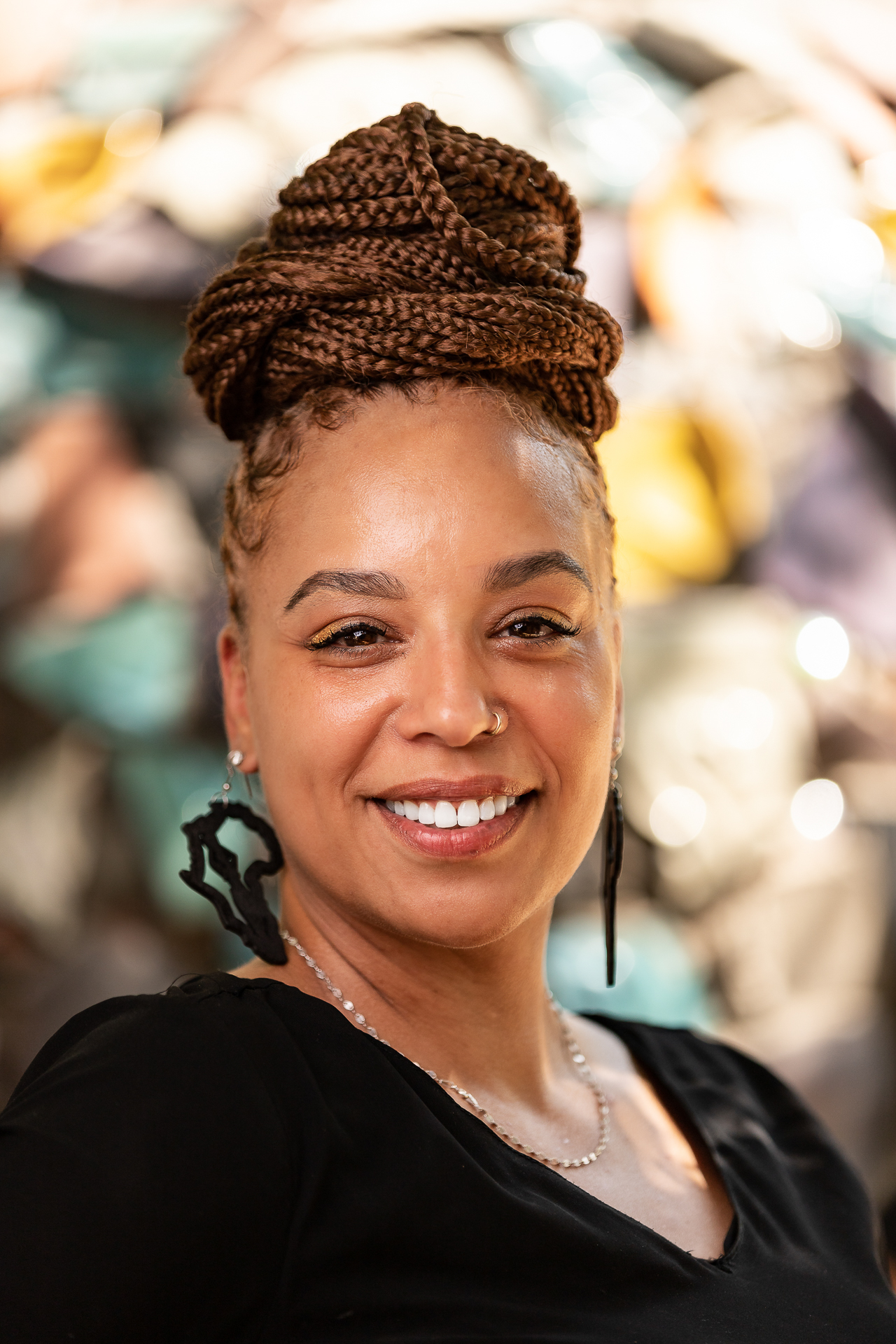
That is changing, in part, because Black youth are demanding it, said Andrea Moore, a Sacramento State associate professor of Ethnic Studies. Black History Month is one way to continue educating the public about the backgrounds and contributions of African Americans, she said.
“Little kids are telling us that they want to learn about themselves,” said Moore, who calls herself a “scholar activist.” “They’re asking, ‘Why am I not seeing myself in my science and my history books?’ We have made a lot of progress, but there is still so much to be learned.”
Every February, the United States honors the contributions and sacrifices of Black people in America. Sac State will commemorate Black History month in a variety of ways, including social media campaigns, musical performances, lectures, and more.
“Black History Month is a galvanizing force and a cause for celebration of the Pan African culture, its history, and its impact on society,” said Marcellene Watson-Derbigny, the University’s vice president for Student Retention and Academic Success. “It is a time that marks a great opportunity to unite and create spaces for celebrating the diversity of our communities.”
The late scholar and historian Carter Godwin Woodson is credited with initiating the movement that led to the establishment of Black History Month in the late 1960s, noted Clarence George III, an assistant professor of Ethnic Studies.
“For me, Black History Month has become a symbol for Americans to do the right thing by everybody,” George said. “It’s a symbol of our humanity.”
“Glaring gaps” in school curriculums continue to discount African history, he said. Both professors said they strive in their classrooms to reflect the rich diversity of race, gender, and cultures throughout the country and world.
George said he seeks to “pull back the curtain between myth and reality” in his classes, adding that “Seldom do people of color get a full and accurate account” of African culture and contributions.
Moore said she has “de-colonized” her classroom, adding, “it’s about telling our stories from our lived experiences.”
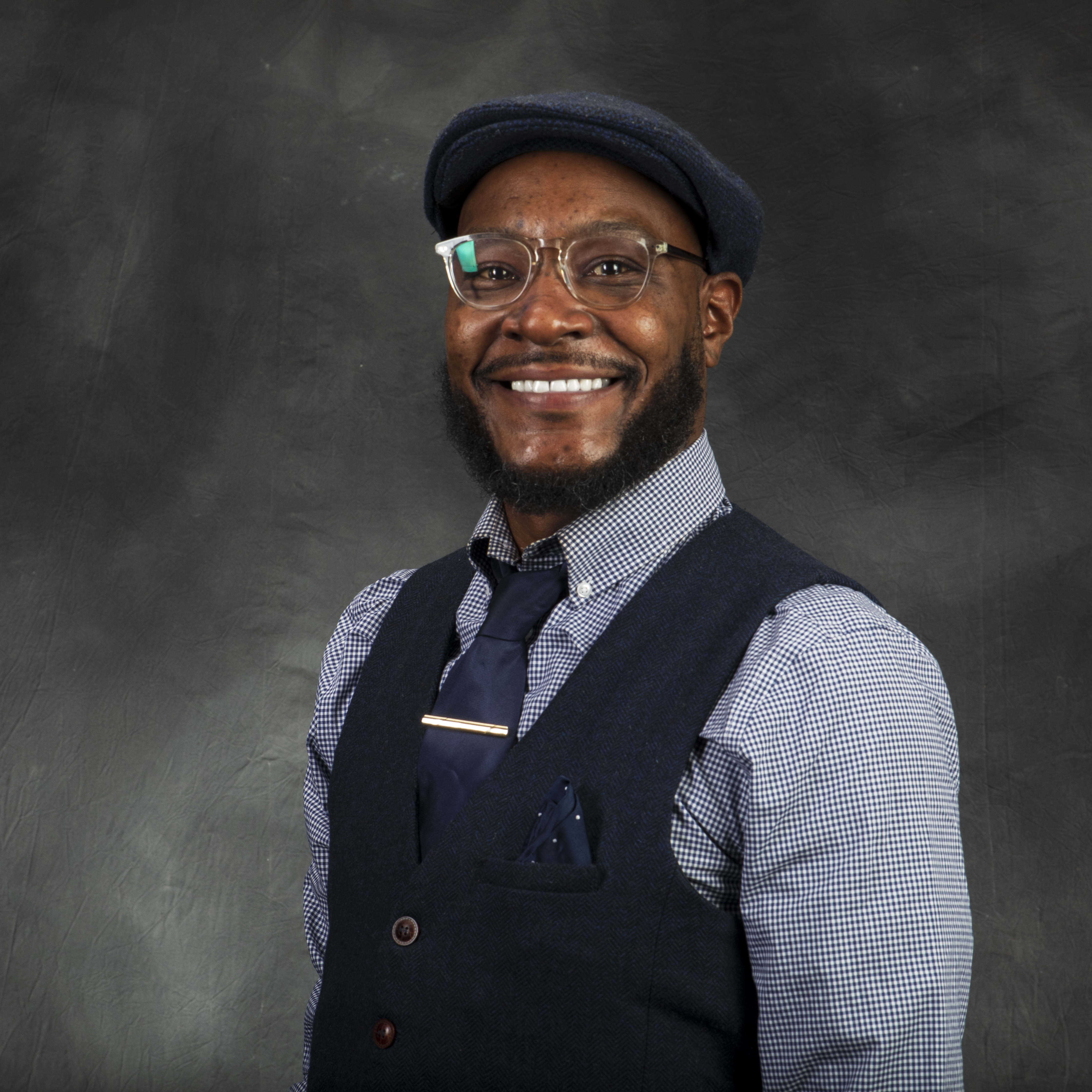
Black History Month is especially poignant at a time when the University and nation, following police killings of unarmed Black people around the country and the resulting protests, grapple with racist and exclusionary practices and policies, the professors said.
“Each generation has its own conscience awakening, and this generation’s has been looking at the criminal justice system and its treatment of Black and brown people,” Moore said. George Floyd and others killed by police have become part of America’s story.
The University’s highly anticipated Antiracism and Inclusive Convocation will be a significant focus of the month. On Feb. 14, “A CALL To ACTION: Eradicate, Resolve, and Liberate,” will gather the campus community and broader public virtually to elicit direct conversation about the University and its road to antiracism, as well as to initiate implementation of the Antiracism and Inclusive Campus Plan.
Sac State also is marking Black History Month with a variety of other promotions and events, including a social media campaign featuring influential Black Hornet athletes and coaches. Among those featured is La Schelle Tarver, who became the first Sac State student-athlete to play Major League Baseball when he made his debut with the Boston Red Sox in 1986.
The Athletics Department also will celebrate at Hornet basketball games throughout the month with events such as Black Fraternity and Sorority Night on Feb. 10and a halftime show by a local dance group Sac Show Biz on Feb. 26.
Other activities on campus include:
- The Cooper-Woodson College Enhancement Program’s annual Carter G. Woodson lecture, virtually at noon Feb. 15. Zoom ID: 919.0093.7129.
- Afro hip-hop dance class featuring actor, producer, and public speaker Melissa Muganzo Murphy, 7 p.m. Feb. 17 in the University Union Ballroom.
- 30th anniversary of the Sacramento/Black Art of Dance, 7-10 p.m. Feb. 23-27 in the University Theatre at Shasta Hall.
- Sacramento Black Expo, 11 a.m.-6 p.m. Feb. 26 in the University Union Ballroom and Serna Plaza.
- Black History Month Legacy Awards, Feb. 27 from 3 p.m. to 6 p.m. in the University Union Ballroom.
- CSU Super Sunday, featuring visits by Sacramento State administrators to local Black churches, Feb. 27 at various times and locations around the region.
Mia Settles-Tidwell, Sac State’s vice president for Inclusive Excellence, wrote in a message to the campus community that “the Black community’s struggle and sacrifice for protection, freedom, and liberty have paved the way to improve the human condition for all.”
“As we celebrate the great sacrifice and many achievements of Black people this month, let’s give credit where credit is due and share the truth of the Black experience uncensored,” Settles-Tidwell wrote. “Let’s remove the barriers to achievement that create trauma and join together in the movement, because there is more work to be done.”Media Resources
Faculty/Staff Resources
Looking for a Faculty Expert?
Contact University Communications
(916) 217-8366
communications@csus.edu
